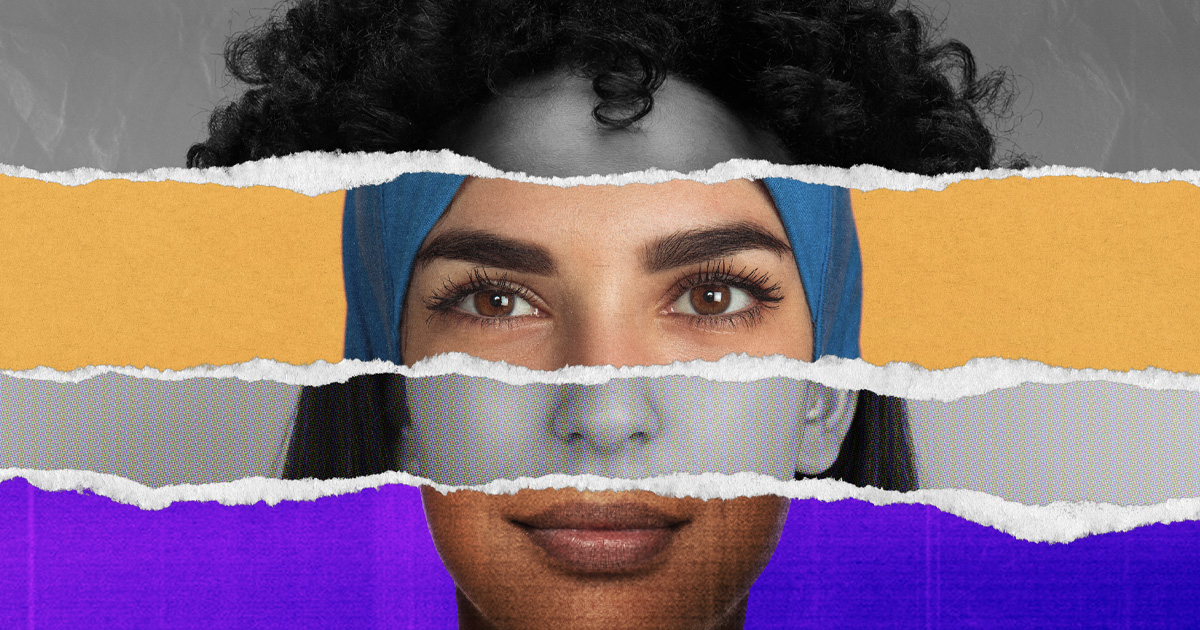Over the years, the human rights bodies of the African Union (AU), namely; the African Court on Human and Peoples’ Rights, the African Commission on Human and Peoples’ Rights, and the African Committee of Experts on the Rights and Welfare of the Child (referred as the Court, Commission and Committee respectively), as well as Regional Economic Communities (RECs) courts have delivered decisions on various aspects of human rights on the continent. However, the approach to the rights of women and girls in norm interpretation and enforcement has not been consistent across mechanisms at both the regional and sub-regional level.
The regional human rights bodies of the AU and the REC courts have been seized with varying numbers in the cases on women and girls’ rights for many years. However, in comparison to the recorded violations of women and girls’ rights on the continent, these numbers are relatively low. This notwithstanding, in the instances where decisions and recommendations have been rendered, there is an apparent lack of political will to transform the existing systemic and structural approaches that hinder transformative interpretation of the right to gender equality and state obligations in this regard.
Historically, the approach preferred in elaborating the substance of the right to gender equality as protected in the relevant AU treaties predominantly reflects a preference for formal equality as opposed to the realisation of substantive equality. Where these bodies have made determinations based on a preference for substantive equality, the approach of the court has not remained the standard applicable in subsequent cases raising a question of gender equality. The absence of a consistent gender-sensitive approach in the interpretation of norms and the formulation of decisions results in jurisprudence that fails to reflect and address the way African women experience gender discrimination in various ways which are deemed to be traditional norms. Recent studies, particularly in the aftermath of the Covid-19 pandemic, show significant shortcomings in the interpretation and adjudication of matters relating to existing norms targeted at promoting the equality of women and girls. This in turn affects the realisation of gender equality commitments by member states at the regional and national level.
Against this background, the Centre for Human Rights, in the faculty of law at University of Pretoria with the support of the Raoul Wallenberg Institute, is instituting a study to analyse approaches to gender in the decisions of AU and REC human rights bodies. The findings of the study will inform engagement with the court, commission and the committee of the AU. This study is also intended to enhance the capacity of the African Human Rights system to make gender transformative decisions.
Rationale
The Centre for Human Rights aims to enable various actors in the region to play their part in the realisation of human rights embodied in the applicable human rights treaties optimally and adequately. This work extends to empowering actors in the human rights system to adequately ensure the realisation of women’s rights protection by various treaties. To facilitate an informed advocacy for gender transformative approaches to norm interpretation in the decisions of human rights bodies on the African continent, the Centre seeks the services of a consultant(s) to undertake a Study on approaches to gender in the decisions of the African human rights bodies. The findings of this study will inform the targets and content of the advocacy and capacity strengthening initiatives that the Centre will undertake to ensure a more consistent gender-sensitive approach to the adjudication of cases relating to women and girls’ rights.
Scope
The consultant will be required to undertake a review of decisions from the AU human rights bodies and the REC courts in which a violation of women or girls’ rights have been alleged directly or indirectly. The review of the decisions will be to consider inter alia:
- The decision-making actors and processes within the AU mechanisms and the REC courts,
- the extent of analysis and engagement with the question of a gender-specific harm,
- the extent of analysis and engagement with the manner in which the violations amount to direct or indirect gender discrimination,
- the level of appreciation of intersecting grounds of discrimination of women and girls in the case discussion,
- the nature or remedies awarded and their potential in ensuring gender transformative impact at the national level.
A detailed research protocol will be provided to the selected Consultant/s.
Eligibility requirements
The Centre seeks consultants who meet the following minimum requirements:
- Masters qualification in human rights
- Demonstrable knowledge of the African Human Rights System
- Extensive research and publication experience on women’s rights
- English proficiency. Advanced knowledge of other AU languages will be a significant advantage.
Timeframes and Deliverables
The assignment is expected to be completed by 30 November 2025 with the following key milestones:
- Start date 25 August 2025
- Inception report due by 30 August 2025
- First draft due by 30 October 2025
- Feedback due by 5 November 2025
- Final draft due by 30 November 2025
How to apply
Qualified applicants are invited to submit the following documents in application:
- A cover letter
- A technical proposal including the research approach and methodology to be employed and research plan.
- A CV illustrating the candidate’s suitability
- Contactable referees for comparable previous assignments
- A writing sample of comparable research
Application deadline:
20 August 2025
Applications should be submitted by email to yolokazi.mfuto@up.ac.za copying brian.kibirango@up.ac.za with “Consultancy - Study on approaches to gender In adjudication” as the subject of the email.
Due to the high volume of applications expected, only short-listed applicants will be contacted


